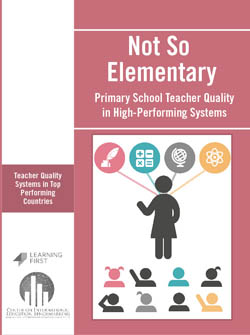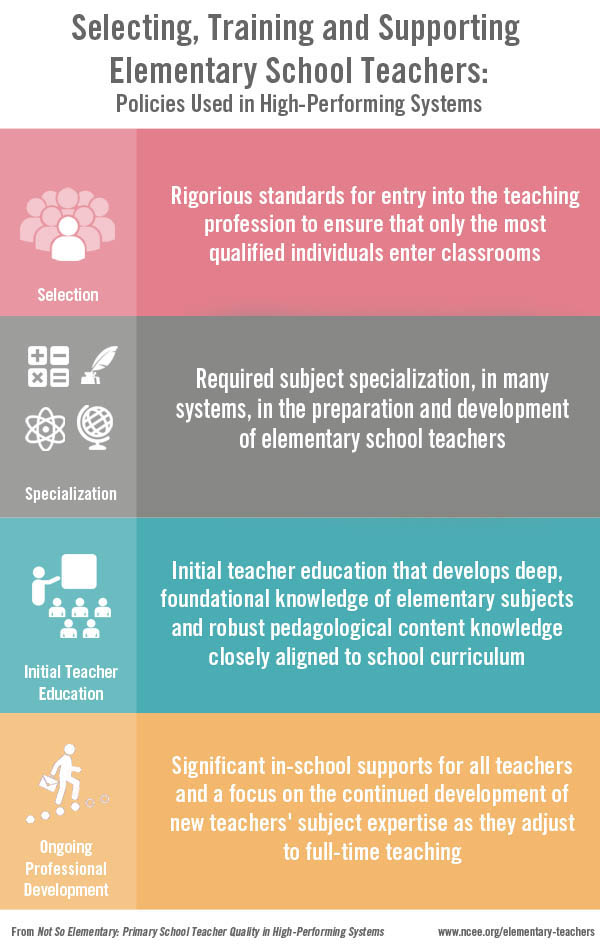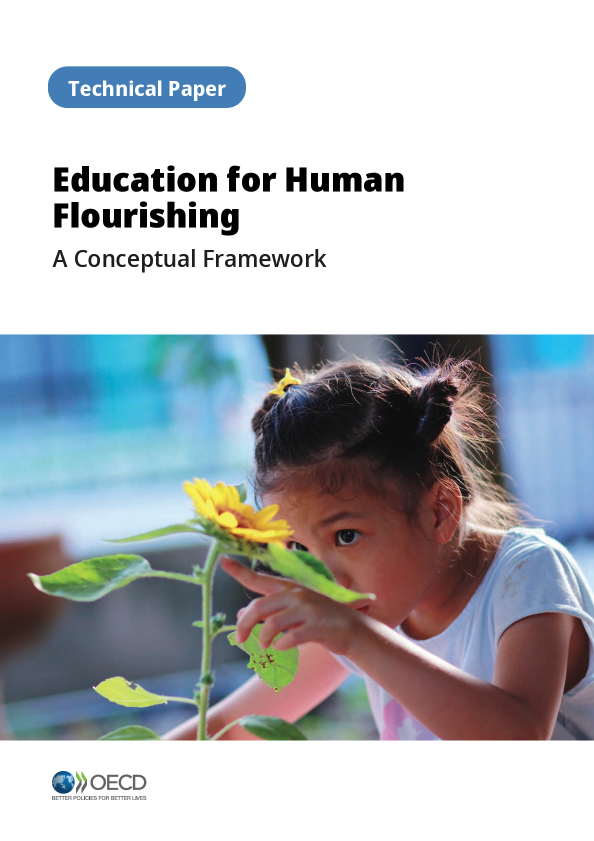This important report gives new insights into a critical driver of the success of the world’s top-performing education systems—developing elementary teachers with deep content knowledge.
These high-performing systems recognize that a strong foundation in the core subjects in the early grades increases the changes that all students will achieve at higher levels throughout their schooling. The report finds that teacher preparation in Finland, Japan, Shanghai, and Hong Kong builds deep understanding of the content being taught in elementary schools as well as how young students learn and understand that content—two essential components of highly effective teaching. The report also gives guidance on what the United States can learn from these systems to strengthen teaching in elementary schools.
In the report, leading Australian researcher Ben Jensen describes how high-performing countries ensure that their elementary teachers have strong content knowledge. They have done so by focusing on the selection of teachers, content specialization, initial teacher education, and professional learning systems in their schools. These four policy levers, combined with a well-integrated and highly effective education system as a whole, serve as a powerful means of improving student learning.
This report is one of a series of reports from CIEB on teacher quality systems in top-performing countries. The series also includes Beyond PD: Teacher Professional Development in High-Performing Systems, Developing Shanghai’s Teachers and a forthcoming series of reports from Linda Darling-Hammond of the Stanford Center for Opportunity Policy in Education (SCOPE).






